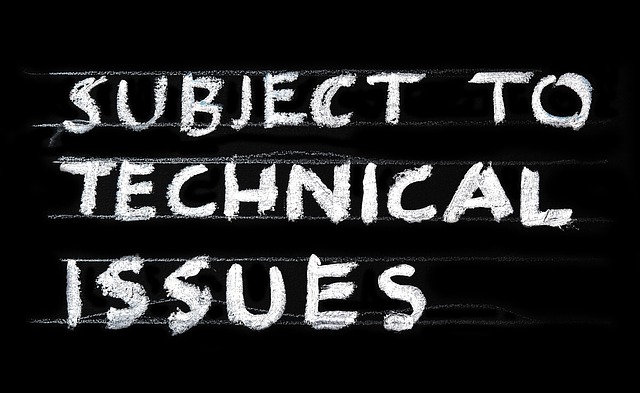The fight against climate change has become an urgent global issue, compelling all of us to re-evaluate our relationship with our environment. Trust, a fundamental aspect of any relationship, has now emerged as a critical component in fostering effective environmental protection. As we grapple with the challenges posed by climate change, the need for trust in scientific research, policy-makers, and sustainable practices is more crucial than ever.
When we consider the environmental challenges facing us today, from rising sea levels to extreme weather events, we realize that trust, or the lack thereof, weighs heavily on our collective ability to combat these issues. Citizens must trust that the science behind climate change is sound and that the recommendations stemming from this research are both reliable and actionable. For instance, when experts advocate for renewable energy sources as a solution to decrease carbon emissions, public trust in their expertise can lead to broader societal acceptance of these necessary changes.
Moreover, governments and organizations must cultivate trust amongst communities regarding environmental protection efforts. This can be achieved through transparency in decision-making processes and making climate data accessible to the public. When communities feel included in these discussions, they are more likely to support and engage in initiatives aimed at environmental sustainability. Trust builds a foundation for collaboration, inspiring individuals, businesses, and governments alike to work hand-in-hand toward a common goal: a healthier planet.
In the realm of environmental activism, organizations that exhibit trustworthiness often find themselves with a more substantial base of support. This calls for accountability, where initiatives are monitored and outcomes are reported back to the public. Engaging communities by informing them about the tangible results of green programs fosters a sense of ownership and commitment to environmental protection. When people see their efforts translate into real impact, it cultivates a deeper trust in both the organization and the mission at hand.
Equally important is the role of education in building trust. Schools, universities, and community organizations must prioritize educating citizens about climate change. This knowledge empowers individuals to make informed decisions, such as adopting sustainable practices or advocating for policies that combat climate change. Educational initiatives should also highlight how collective efforts can yield significant results, reinforcing the idea that every action counts.
Additionally, technological advancements have the potential to enhance trust in environmental protection. The development of transparent, user-friendly platforms that share climate data and track environmental impact can reassure individuals and communities, aligning with their desire for accountability. When people can visualize the effects of their choices, it reinforces trust in the systems designed to protect our environment and promotes more conscientious living.
Lastly, fostering trust in environmental protection amid climate change challenges requires voices that resonate with personal experiences. Local leaders, activists, and community members sharing their journey in environmental stewardship can inspire others to take action. Real-life stories create emotional connections, allowing people to see themselves as part of the solution rather than just passive observers in the climate crisis narrative.
As we navigate the complexities of climate change, rebuilding and nurturing trust will prove essential in ensuring lasting environmental protections. By emphasizing transparency, community engagement, education, and leveraging technology, we can foster a collective sense of responsibility to safeguard our planet for future generations. Trust is not merely a concept; it is the lifeblood of our fight against climate change. Together, with trust as our foundation, we can pave the way for a more sustainable and resilient future.




